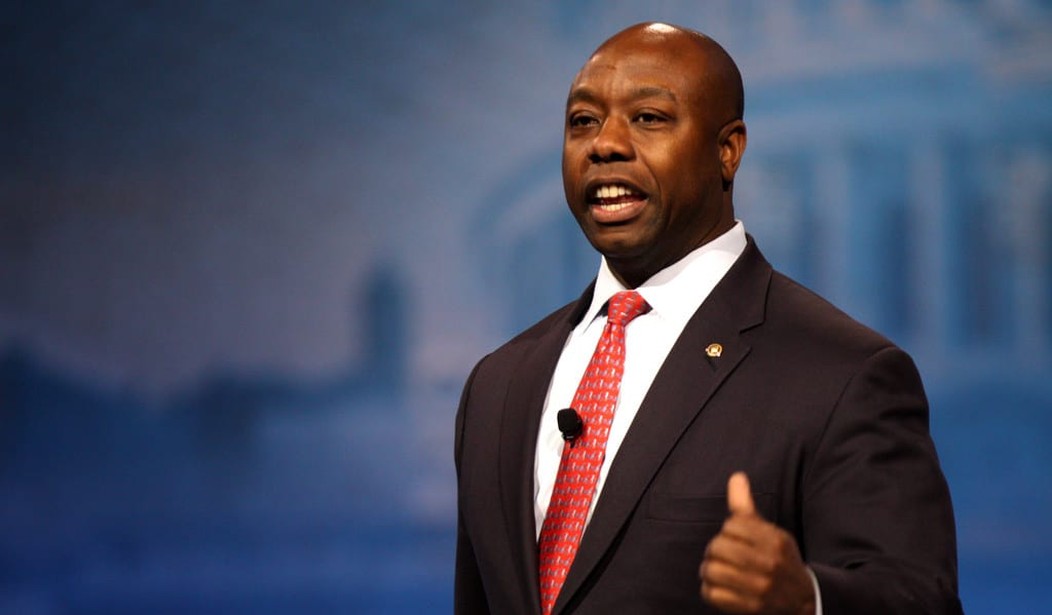Life would be awesome if it weren’t for all the people. Seriously, if it were just me and the world and nobody else, I’d be really good at this gig. Have you ever thought this? Am I the only one? (…Crickets.)
Seems like it would all go so much easier if we could have a contractual agreement with the people around us. In fact, we probably do kind of live like that, in an unspoken way. A contract is very clear: I will if you will. A contract is what I have with my roofer. If we sign a contract and he says he’ll do this service for this fee, then when he comes back to me and says he can’t do it for whatever reason, I’m no longer obligated to pay him. And I think we can agree, it would be absurd for him to ask. Most of us operate with love in this sense. Make me feel good about me, and I’ll love you back. Listen to me well, I’ll listen to you back. Be patient with me, and I’ll be patient with you back. I will if you will.
Contract love isn’t really love – it’s blackmail. It’s “I did this for you, and now you owe me.” It’s not love at all. It’s a mutual admiration agreement. A contract is reciprocal. Most of us view love as reciprocal, but love is not. Love is always other-centered. Always. If it’s not that, it’s something other than love. Not God’s love.
Covenant love says, “I will, even if you don’t. I will especially when you won’t. In fact, your behavior has nothing to do with how I love you. The way I love you is the way God loves me. The love I give to you is God’s infinite, patient, keeps-no-record-of-wrongs kind of love.”
What is your definition of love? How do you do it?
Love is patient. In fact, if I act anything other than patient, then love is no part of what I am. Love is kind. It actually can’t be unkind. If I am unkind, to my children when we’re late for school again or to someone on social media who disagrees with me, then I am something other than love.
Love is not easily angered and it keeps no record of wrongs. I appreciate that Love can get angered—it happens, but not easily. It’s not so incidental as a disagreement over the thermostat settings or an argument because my spouse came home and didn’t say hello to me. Love keeps no record of wrongs, but I have an incredible memory. Maybe you do too… Think about the last argument you had with someone you cared about. What showed up in the middle of it? All too easily, it’s peppered with accusations of the last time he or she did something to hurt you. Love always protects, always trusts, always perseveres. But I get so afraid of being made a fool again, and I put up walls. That isn’t love.
The truth is, you and I will find it very difficult to love others well if we haven’t been on the receiving end of unconditional love. This is the love that God gives to us. If you have this perception that God is holding out on you, that he is judging you or distant or angry, then you will find yourself being distant or angry in other relationships. It’s the only natural result.
For God so loved you. This is the foundation.
The reason we love is because God loved us, and the only way we can love at all is because he first loved us. Everything in Scripture, from beginning to end, essentially says this: the love you receive is the love that you give. The love you receive from the God who loves you unconditionally, without reservation, in spite of and because of your sin, your past, your present and your future, is the love you give to other people.
If you struggle with that truth, then you will struggle to love well. If you are impatient with others, then perhaps you believe God is impatient with you. If you keep score on the ways others have hurt you, then maybe you think God’s keeping a running list of all the things you’ve done wrong. If you give up on people, then maybe you think God’s given up on you.
Ask yourself, how can you have better relationships? How can you operate with compassion and love and concern? Do you love with a covenant love or a contractual love? Your relationships will only get better with covenant love.
***
Tricia Lott Williford lives and writes in Denver. She attends Southeast Christian Church in Parker, Colorado, and many of her articles on faith are born from the conversations and teachings of her pastor, Phil Vaughan. You can join the conversation with Southeast’s online services this weekend, and you can give God five minutes today with their simple daily reading plan.









Join the conversation as a VIP Member